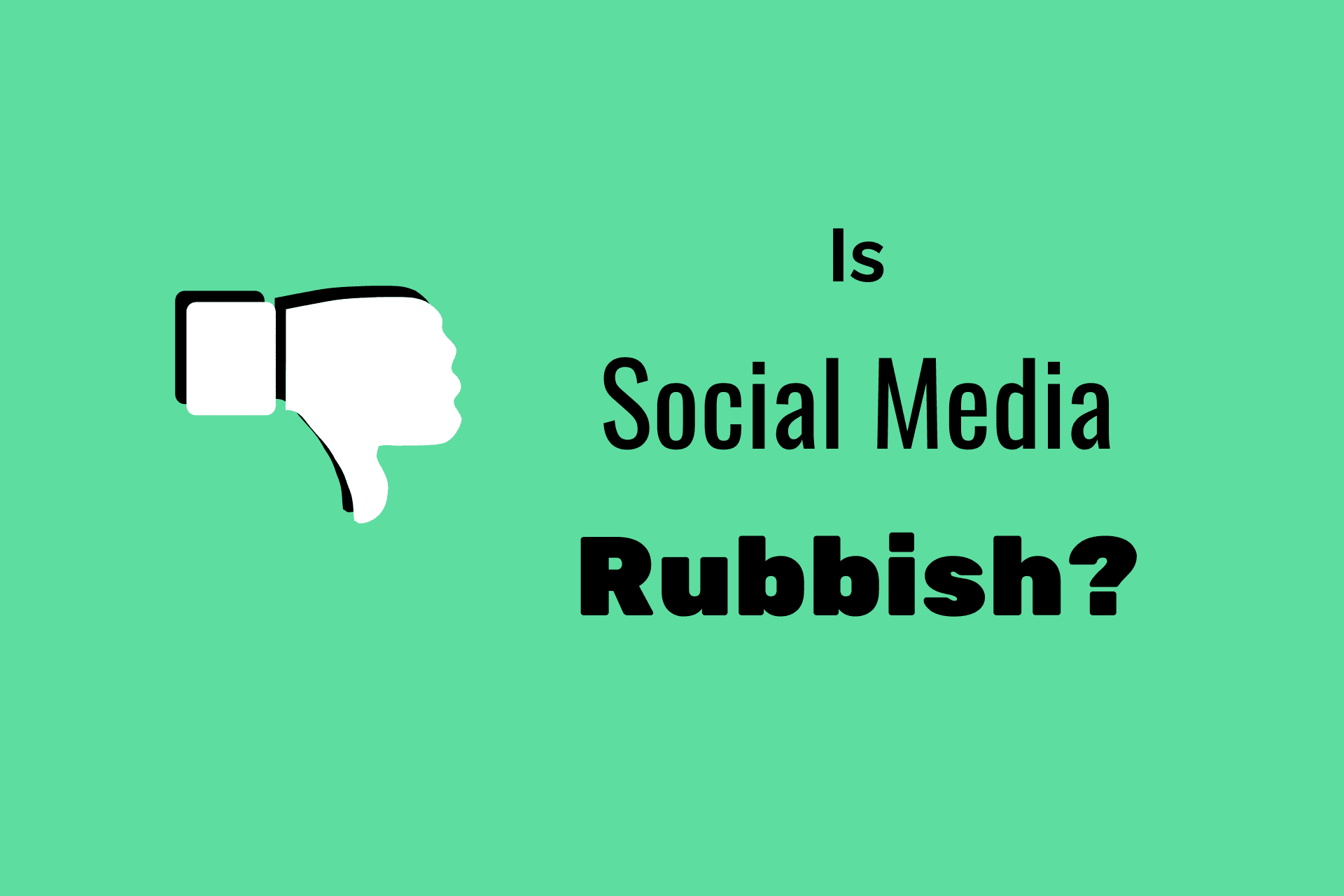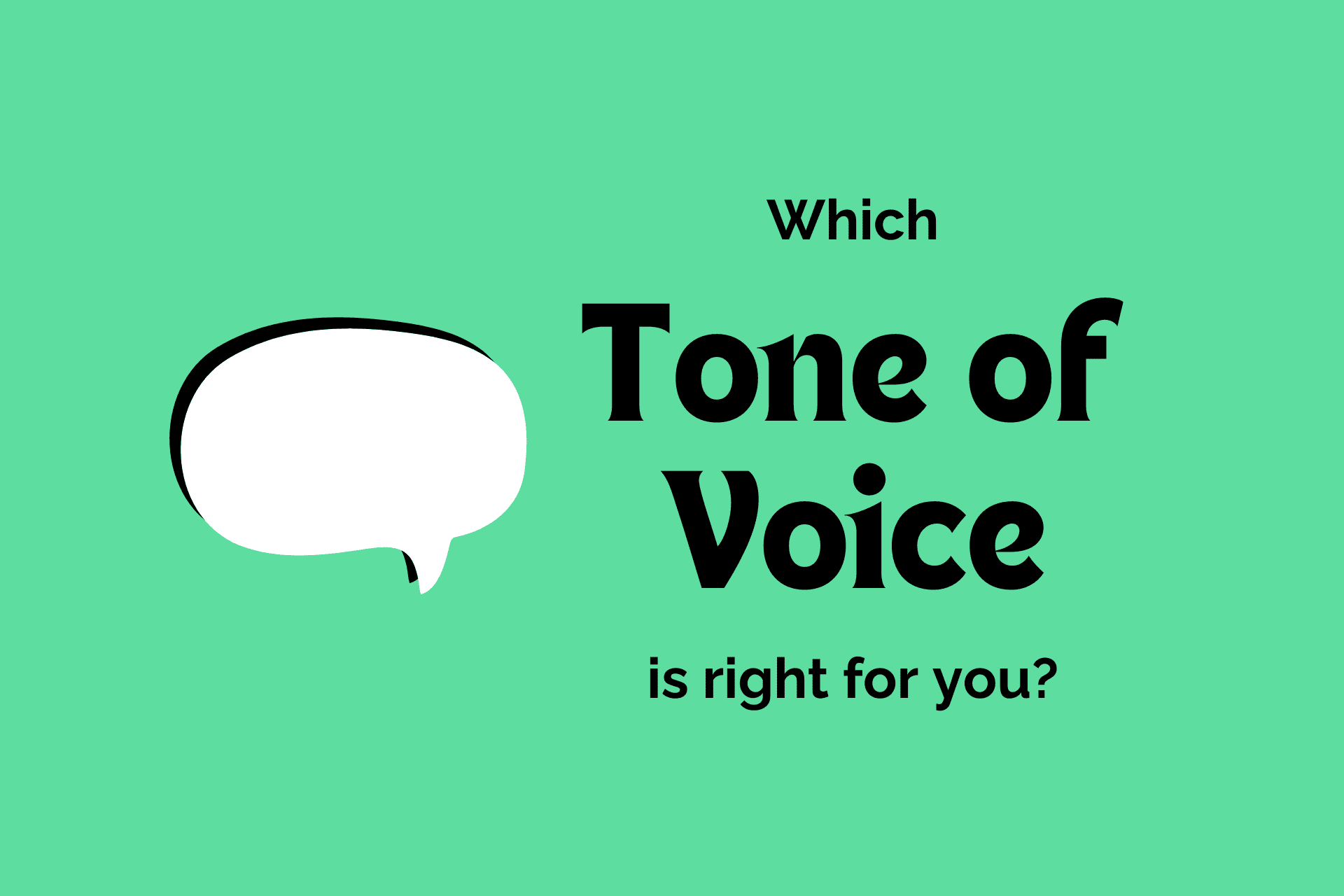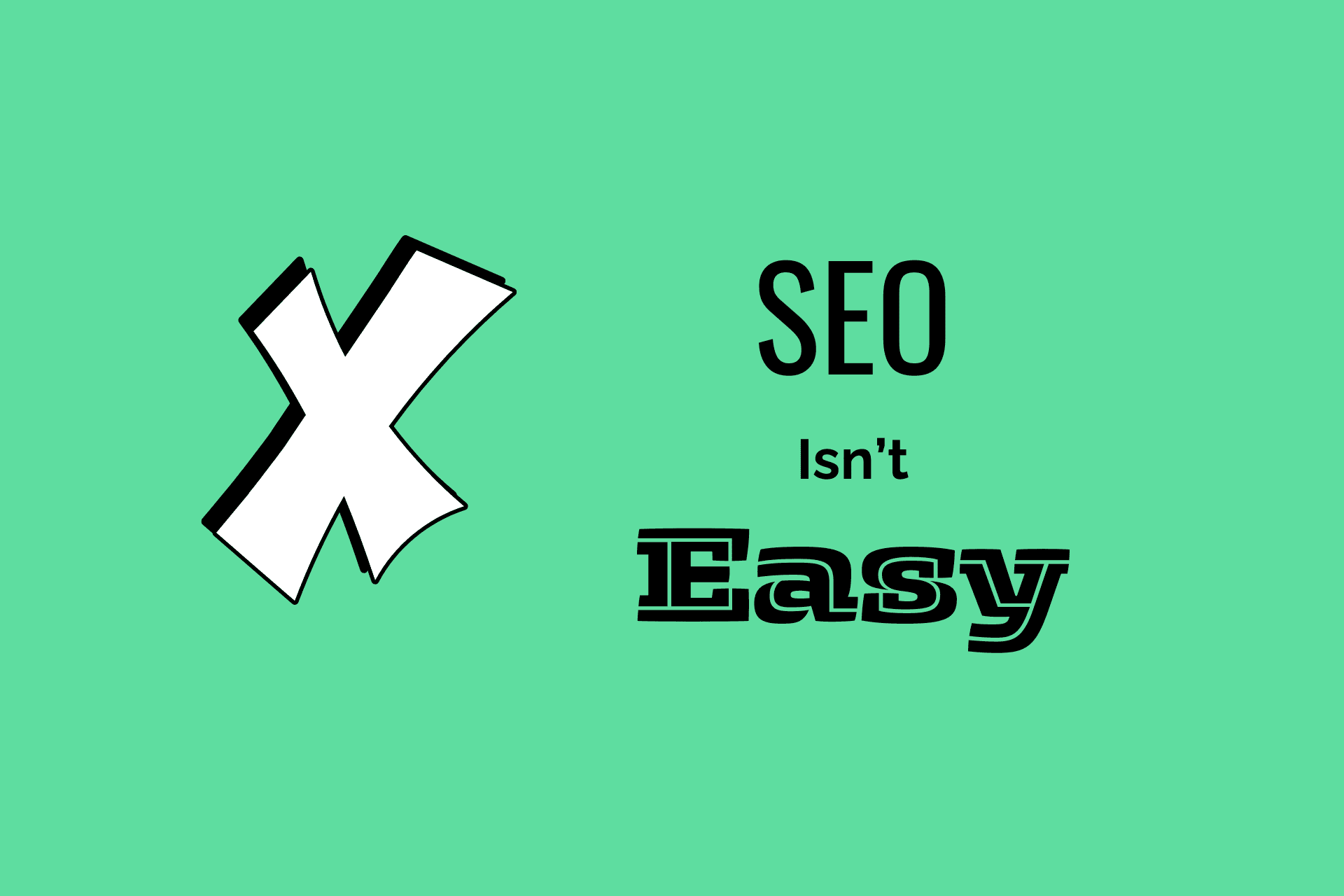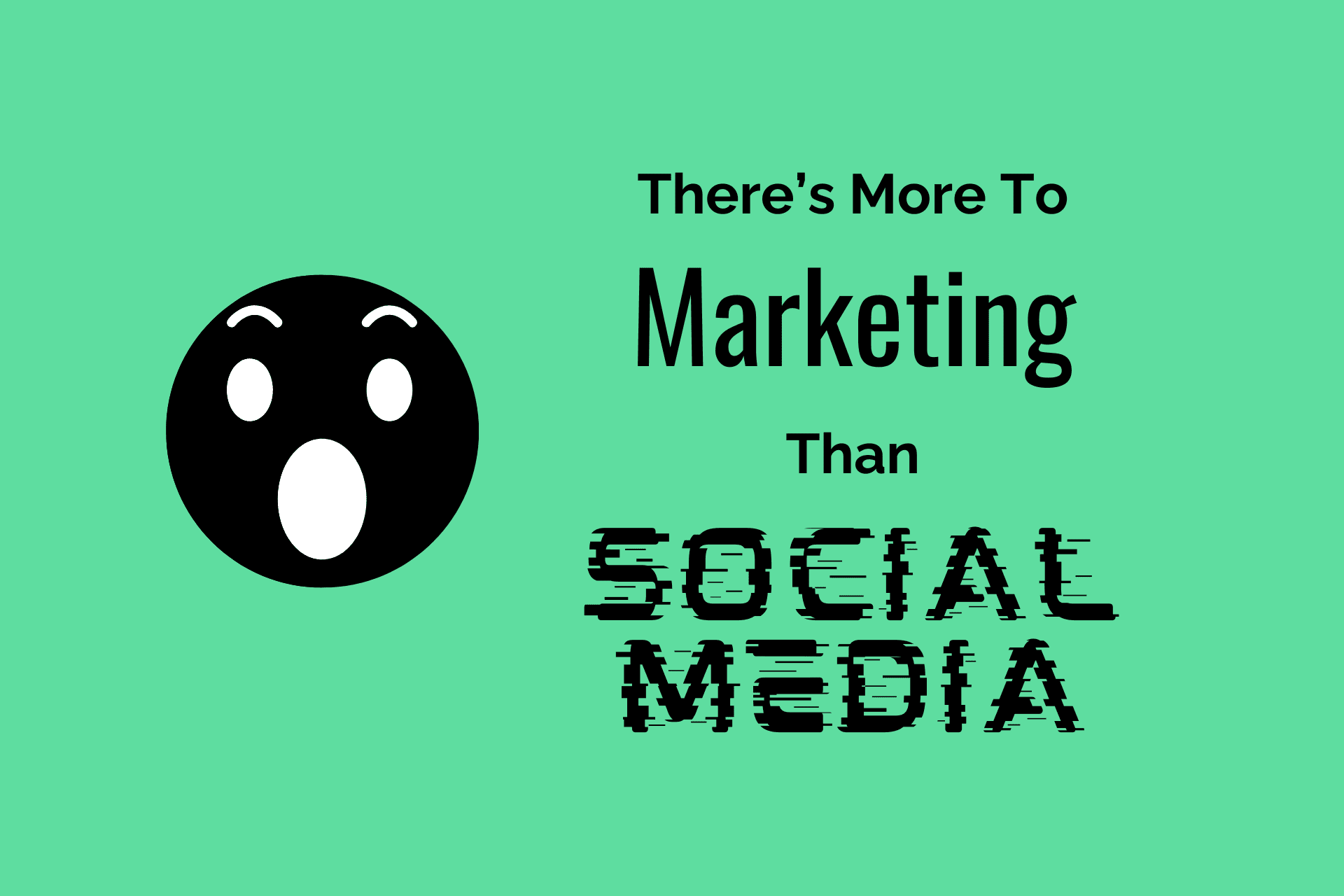Diminishing organic reach, rising competition, declining user trust, a shift towards private messaging are just a few of the reasons social media for small business has declined.
In years gone by, social media was hailed as an essential tool for small business owners to reach new audiences, engage with customers and build brand awareness. However, as we head towards 2025, the social media landscape has changed dramatically, and many businesses are questioning its continued relevance. Here are five reasons why social media for business might be considered ‘dead’ in 2025.
1. Diminishing Organic Reach
Once upon a time, businesses could rely on organic reach to connect with audiences without spending a penny on advertising. But with platforms like Facebook and Instagram constantly tweaking their algorithms, organic reach has plummeted. Today, it’s tough for businesses to cut through the noise without investing heavily in paid promotions. For small businesses with limited budgets, this poses a significant challenge.
2. Rising Competition
Social media platforms have become saturated with brands vying for attention. With everyone trying to get noticed, standing out has become more difficult than ever. This intense competition means businesses need to constantly innovate their social media strategies, which can be both time-consuming and costly.
3. Decline in User Trust
Privacy scandals and misinformation have eroded trust in social media platforms. Users are increasingly wary of the content they encounter online and are more selective about the brands they engage with. This scepticism makes it harder for businesses to build genuine relationships with their audience.
4. Shift Towards Private Messaging
More and more users are shifting away from public social media interactions to private messaging apps like WhatsApp, Telegram, and Signal. This shift means that businesses have to reconsider how they engage with customers who prefer private conversations over public posts and comments.
5. Changing Content Preferences
The type of content users crave is continually evolving. While once static posts and simple text updates sufficed, today’s audiences favour dynamic video content, ephemeral stories, and interactive experiences. Adapting to these changing preferences requires businesses to continually update their content strategies and invest in new types of media production.
6. Overly Complex Interfaces
All I will say here is best of luck to those trying to use Facebook Pages! With so many options, settings and tabs to click it’s becoming more and more difficult for small business owners with already plenty on their plate to keep up to date with all the numerous settings and changes.
7. Better Alternate Channels
There are plenty of other options of small businesses to take advantage of that are better and more sustainable in terms of both sales and brand reach. SEO, email marketing, Google Ads, local partnerships – these are all fantastic options that can drive better results with higher impact and less time. Read my other posts “6 Alternative Marketing Strategies Instead of Social Media for Small Businesses” for more info!
While these challenges suggest a bleak future for traditional social media strategies, they also open the door for fresh, innovative approaches. Small business owners must stay agile, exploring new platforms, tools, and techniques to continue reaching their target audiences effectively. By re-evaluating their social media strategy, businesses can discover new opportunities that align with the evolving digital landscape.




